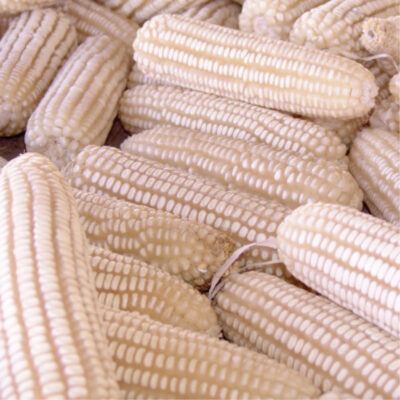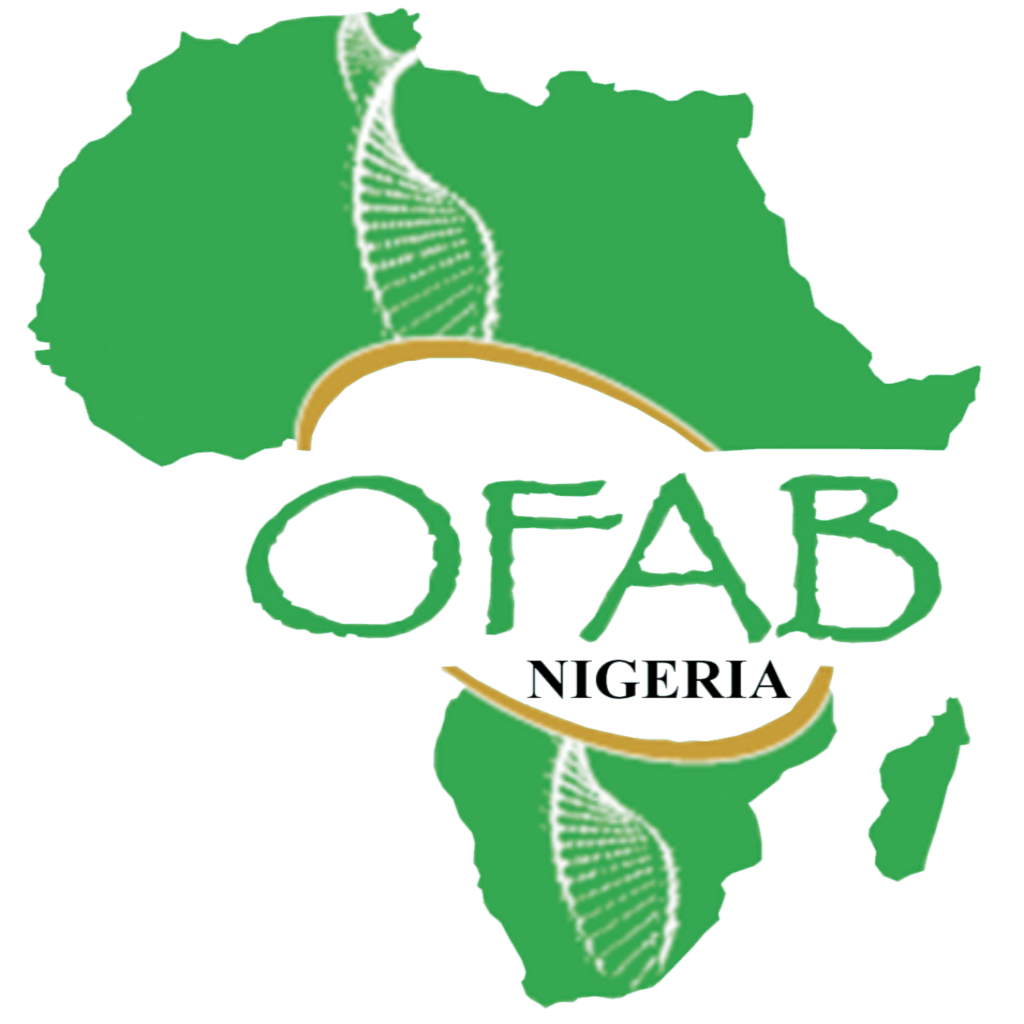Breaking News: Nigeria Commercially Approves Third Transgenic Crop, TELA Maize, Gives a Nod for Four Varieties

The year 2024 has already kicked off with great joy for the Nigerian Nation, shortly after the President declared a State of Emergency in the Nation’s Food Security Sector on July 17th, 2023. Nigeria’s government is taking the bull by the horns and exploring various ways by which the Nation can put an end to hunger.
Nigeria’s government is taking the bull by the horns and exploring various ways by which the nation can put an end to hunger. For the government, agricultural biotechnology has always been recognized as one of the formidable tools for the revival of food production. This recognition is supported by the fact that Nigeria became the first nation in Africa to commercially release the first transgenic food crop, PBR Cowpea, into the market in 2019, leading the way in advancing food security
Today, just 3 years later, the Federal Government of Nigeria is taking another big leap forward with the Varietal Release Committee approving 4 new transgenic maize varieties.
The approval was granted by the National Committee on Naming, Registration and Release of Crop Varieties, Livestock breeds/Fisheries (NCNRRCVLF) headed by Prof Olusoji Olufajo at its 33 rd meeting at the National Centre for Genetic Resources and Biotechnology (NACGRAB), Ibadan on January 11, 2024. The four varieties approved by the NVRC are, SAMMAZ 72T, SAMMAZ 73T, SAMMAZ 74T, and SAMMAZ 75T.
The new maize varieties are drought tolerant and are resistant to stem-borer and fall armyworm resulting in yield advantage of up to 10 tonnes per hectare under good agronomic practices. The national average for similar hybrids is 6 tonnes per hectare. The varieties are suitable for Rain Forest, Guinea, and Sudan Savannas. Stem-borer reduces maize production in several countries in Africa, while fall armyworm can destroy up to 20 million metric tons of maize in Africa each year, enough to feed 100 million people. The release and registration of the four varieties followed environmental release approval in October 2021 granted by the National Biosafety Management Agency (NBMA).
The development of the improved varieties was led by the Institute for Agricultural Research (IAR) Samaru, Ahmadu Bello University Zaria through the TELA Maize Public-Private Partnership coordinated by AATF. The TELA Maize Project is currently being implemented in 5 countries – Ethiopia, Kenya, Mozambique, Nigeria, and South Africa. Prof Ado Yusuf, Executive Director, IAR expressed satisfaction with the release of the new four maize varieties saying, “IAR is very proud of our scientists who are addressing the maize productivity challenges in the country and beyond.”
“These varieties have undergone thorough research and have been developed using the tools of biotechnology over several years of continuous testing and revalidation” Dr Canisius Kanangire, AATF’s Executive Director, said. He further stated that the release of TELA Maize in Nigeria will contribute to food and nutrition security in line with the Federal Government’s Agricultural Transformation agenda. AATF reaffirms unwavering commitment to addressing challenges faced by farmers across the continent.
Professor Garba Sharubutu, the Executive Secretary, Agricultural Research Council of Nigeria (ARCN) said the approval of the TELA Maize variety in Nigeria is a critical milestone that confirms the potential of biotechnology in ensuring food and nutrition security, and improved livelihood of farming households in Africa.
Prof. Mustapha Abdullahi, Director-General, National Biotechnology Development Agency (NABDA) celebrated the release saying that, with the advent of TELA Maize, farmers will reduce the use of pesticides on maize to the bare minimum which is beneficial to humans, livestock, and environment.
Dr Sylvester Oikeh, the TELA Maize Project Manager celebrated the decision by Nigeria by calling on other countries in Africa to act for farmers. ‘I am encouraged by this decision by the Federal Government of Nigeria that reflects their commitment to the needs of farmers. I congratulate the scientists for their hard work and dedication that has seen the product getting closer to farmers and look forward to other countries making similar decisions for the good of the farmer’, he said.
Expressing her delight, the Director, Agricultural Biotechnology Department, National Biotechnology Development Agency said that the commercialization of the TELA Maize Varieties is a big leap forward for Nigeria. In her view, she believes that the adoption of TELA Maize will help solve the problem of hunger in the country, especially now that the president has declared a state of emergency on Food Security.
The other partners in the TELA Maize project include National Agricultural Research Institutes in Kenya, Mozambique, Ethiopia, and South Africa, International Maize, and Wheat Improvement Center (CIMMYT), Bayer, with funding from Bill and Melinda Gates Foundation and USAID.
For further information and Pictures contact:
Prof. Rabiu Adamu
Principal Investigator,
TELA Maize Project, IAR, ABU Zaria, Nigeria.
Email: rsadamu@gmail.com Phone: +2348028373464
Alex Abutu
AATF Communications Officer
+2348068701960
Email: a.abutu@aat-africa.org
Yakubu Dodo,
OTF Lead,
TELA Maize Project, IAR, ABU Zaria, Nigeria
Email: dodo.bulus@gmail.com +234 802 373 9174
Sarah Iliya Melah,
Communication Officer,
OFAB Nigeria.
Email: saratuiliyasu1@gmail.com
Mobile: +2348033621832

